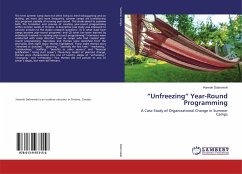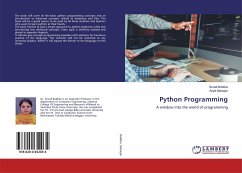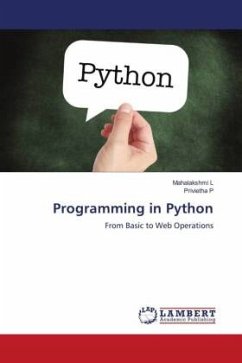The term summer camp does not often bring to mind tobogganing and ice skating, yet more and more frequently, summer camps are transitioning into programs capable of running year-round. This study aimed to examine both the formation and process of creating year-round programming within summer camps in Ontario. A descriptive case study was employed to uncover answers to the study's research questions: (1) in what ways have camps become year-round programs? and (2) what has been learned by individuals involved in creating year-round programming? Interviews were conducted with camp directors from six camps who had created year-round programming. Narratives and themes were identified from the interviews with eight major themes highlighted. These eight themes were "inherited or donated," "planning," "correctly the first time," "marketing," "relationships," "staffing," "benefits to other seasons" and "financial justification." Using Kurt Lewin's Three-Step model of planned change, themes were characterized into one of Lewin's stages of "unfreezing," "changing," and "refreezing." Two themes did not pertain to one of Lewin's stages, but were still relevant.
Bitte wählen Sie Ihr Anliegen aus.
Rechnungen
Retourenschein anfordern
Bestellstatus
Storno








